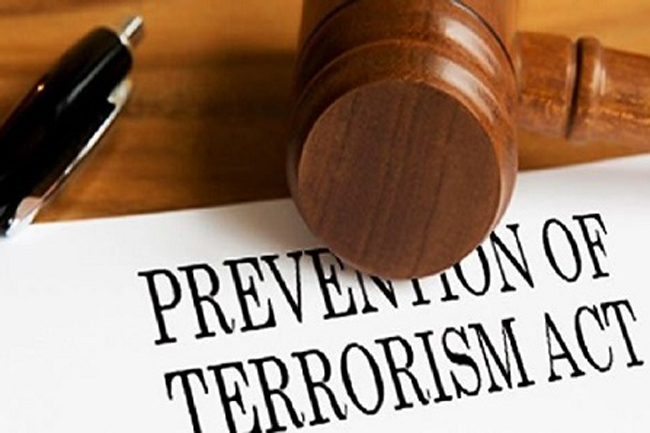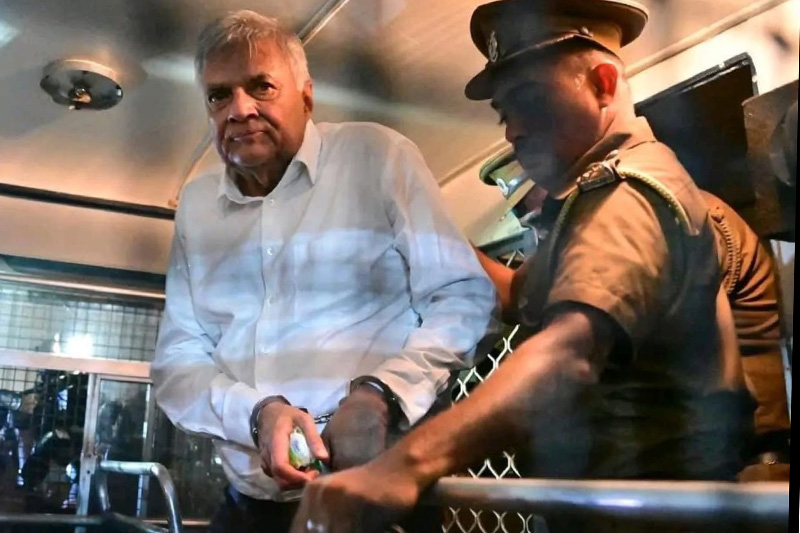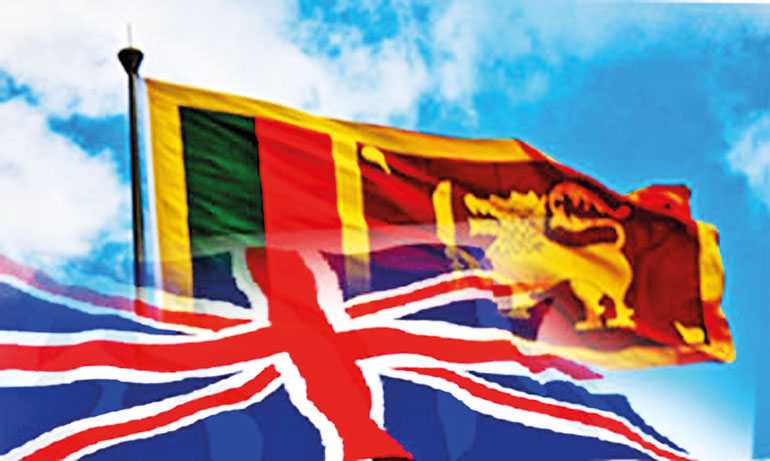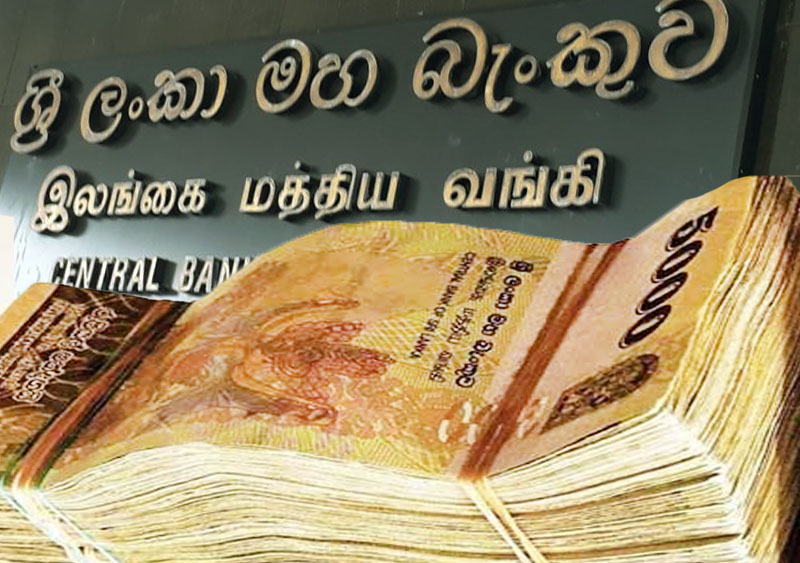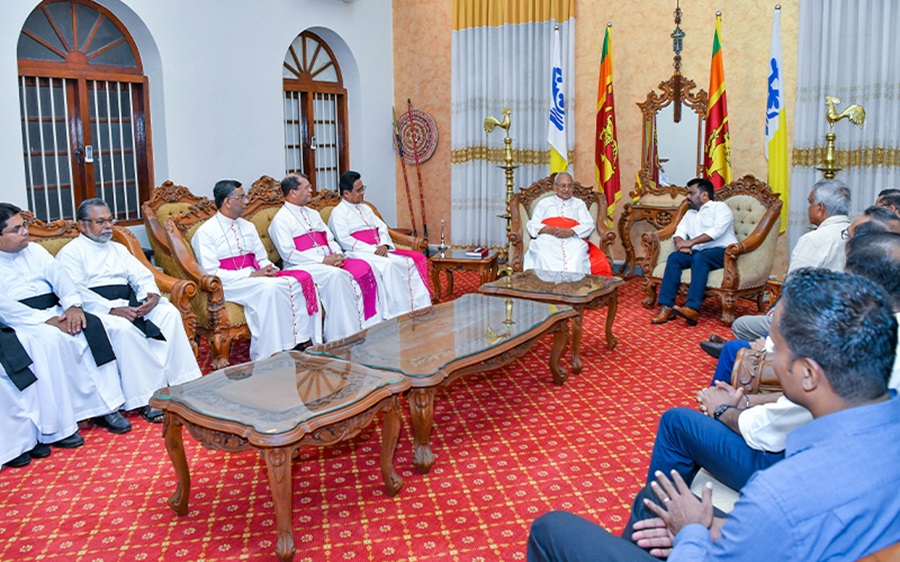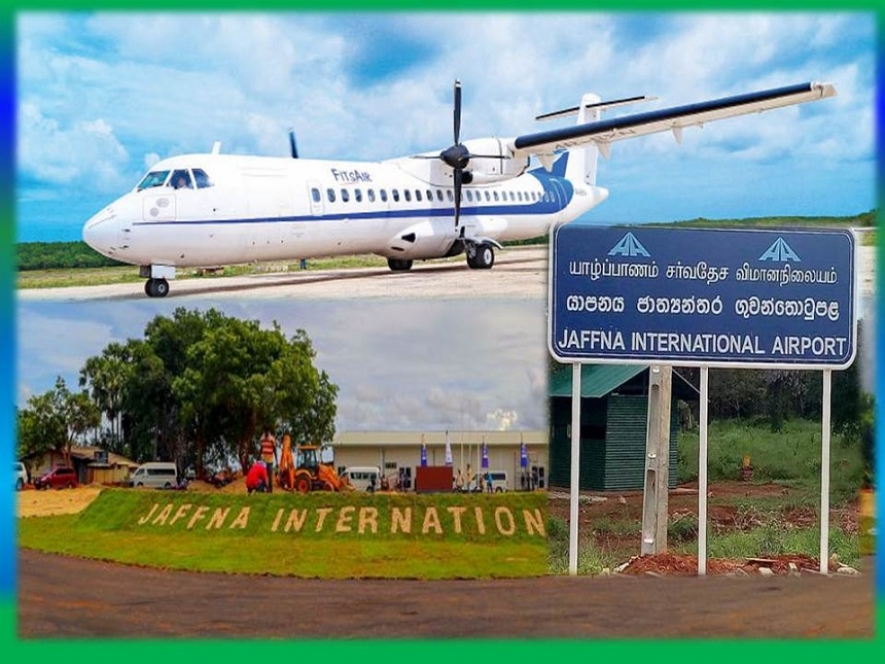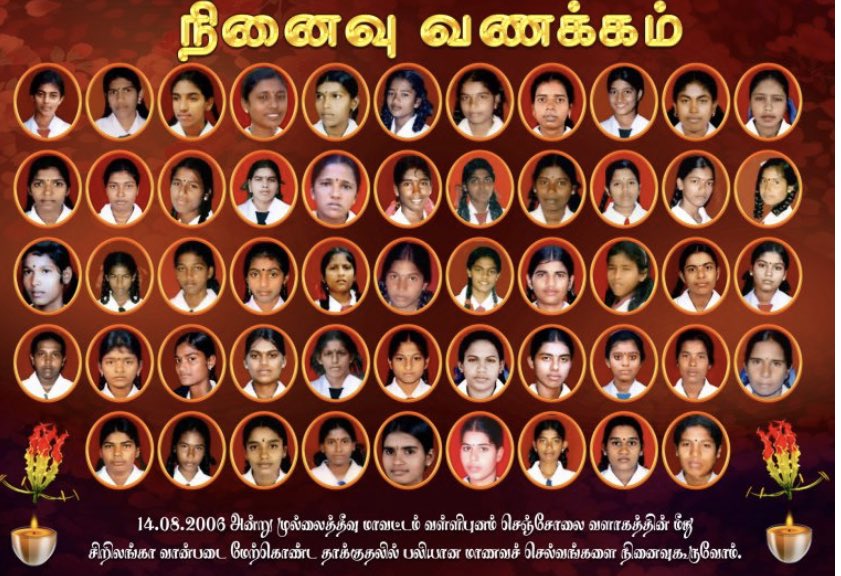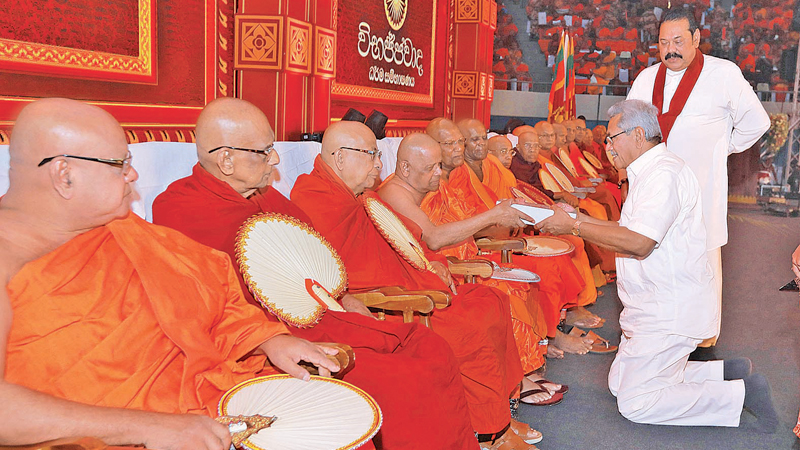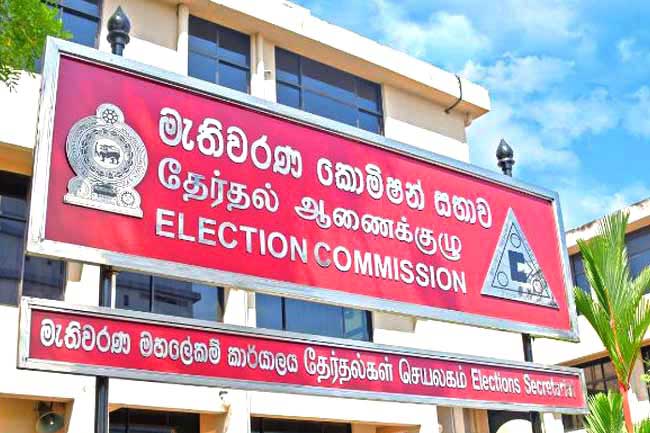Sri Lanka government does not print money, and the entire matter is under the control of the central bank, Deputy Economic Development Minister Anil Jayantha Fernando said in response to concerns raised about recent monetary expansion.
“Under the current environment the government has no ability to ‘print’ money,” Minister Fernando told parliament.
“So we have not done that. There is no legal room to do that.”
Minister Fernando was responding to concerns raised that the expansion of broad money over the past year.
“What is generally called reserve money is completely under the control of the central bank,” Minister Fernando said.
“Based on that, broad money or M2b can expand. All those activities are under the control of the central. The government has not increased money supply.”
Reserve money is a stock of cash that can be measured in real time. Broad money is mostly a paper trail left by reserve money as it goes through the banking system changing from one hand to the next and people put their savings in banks and take out loans.
However excessive growth of credit can also create problems, analysts say.
Sri Lanka’s central bank, like many other state-owned central banks since the Fed Treasury Accord of 1951 have been considered, ‘independent’ or turned into or de jure since the 1990s.
However, when central bank’s print money and trigger forex shortages, inflation far above zero and eventual sovereign default elected politicians are held responsible or accountable by the members of the public.
No Inflationary Budgeting
The current NPP administration has taken a political hit by introducing additional taxes to reduce the budget deficit including on bank deposits and freelancers, though the central bank is trying to push up the cost of living to 5 percent a year, which is more than 20 percent in a 4 -year term of a government.
When introducing the budget for 2025, Minister Fernando said the government had expected zero inflationary financing.
“We have not moved to fill this gap with inflationary ways or money printing,” Minister Jayantha told parliament on February 2025.
“We are planning to raise 2,125 domestically through non-inflationary means. Foreign financing is 75 million dollars.
Central banks deny monetary stability to the people through beliefs held by macro-economists using statistics (econometrics) especially since the 1960s that inflation is good (inflation-employment trade-off), unlike classical economists who said that stability brings long term growth.
Inflation Bias
In Sri Lanka the central bank has won for itself a mandate to create 5 to 7 percent inflation which critics had pointed out does not amount a credible anchor, and has led to serial currency crises since the end of the war and eventual sovereign default.
The relentless pursuit of inflation by macroeconomists, regardless of the impact on the balance of payments or the poor, is referred to as the ‘inflation bias’ of modern independent state-owned central banks.
As countries are democracies, the public naturally holds elected politicians accountable for the rise in cost of living, and not the central bank, which has complete control of reserve money.
In Sri Lanka, questions have also been raised about the way the central bank calculates reserve money, leaving out some excess liquidity.
Excess rupee reserves are money which is not demanded by the public for precautionary purposes or for day-to-day activities (real money demand) but they can be used for final clearing of transactions.
Excess reserves therefore is therefore used for credit, and is the prime cause of forex trouble and reserve losses.
There was public outrage in the last quarter 2024, as the central bank injected money through open market operations as private credit picked up, losing the ability to collect reserves in the last quarter.
Signalling and Pressure
The central bank is currently not printing money through open market operations, but has injected money by borrowing dollars from banks through buy-sell swaps, which analysts have pointed out eventually leads net reserve losses, by mis-targeting rates even if gross reserves appear to be stable.
Rates have been also held down through ‘signalling’ and some moral suasion.
Concerns have also been raised about a so-called fiscal ‘buffer’ which tends to turn paper roll-overs of debt (which does not alter reserve money) into cashflow which has to be financed either by drawdowns of excess liquidity (if there is any) or through reserve shorts or window borrowings, instead of allowing current credit trends to determine market interest rates.
The central bank which had control of raising money for the government, until the public debt management office was set up, could squeeze the supply of cash to the government by keeping bill and bond rates artificially low and discouraging banks and the public from buying them and print money and blame the government for deficits.
Analysts have pointed out that the central bank usually discouraged the public from rolling over past debt and not necessarily current year deficits.
The first time the central bank created the problem was in 1952, leading to a ‘hartal’ in 1953 which led to the deaths of several people. The Prime Minister resigned.
In the old days bad central banks were automatically eliminated by a return to gold to a foreign money analysts say, solving forex problems and domestic monetary instability in one go, analysts say.
But under the IMF, economies are contracted through a stabilization crisis to restore the lost confidence in the money monopoly (local currency), and the central bank with a flawed operating framework gets a new life to create a fresh crisis.
The government in the inflation crisis is kicked out by the electorate and the government that hikes taxes under the stabilization crisis is also kicked out by the electorate as SMEs also collapse and bad loans mount, especially if its term is less that four years and cannot show a recovery.
Sell-Buys vs Buy-Sells
Sri Lanka has exchange controls which were intensified from 1952, after suppressing rates. But in 1951 they were relaxed as it ran deflationary policy amid a bubble created by the Federal Reserve.
Though Sri Lanka until 1950 had a currency board and large reserves and did not need forex controls, due to Cambridge economists running the Bank of England, UK had restrictions which were extended to the island under the so-called ‘Sterling Area’. The Sterling also collapsed in 1949.
In 1951, the central bank ran deflationary policy, told banks not to convert dollars, and was considering appreciating the currency as the Fed printed money (also buying World War I Liberty Bonds as the US government ran budget surpluses hiking taxes for the Korean war), unlike the warnings on buy-sell swaps being made analysts in 2025.
ECONOMYNEXT – Sri Lanka government does not print money, and the entire matter is under the control of the central bank, Deputy Economic Development Minister Anil Jayantha Fernando said in response to concerns raised about recent monetary expansion.
“Under the current environment the government has no ability to ‘print’ money,” Minister Fernando told parliament.
“So we have not done that. There is no legal room to do that.”
Minister Fernando was responding to concerns raised that the expansion of broad money over the past year.
“What is generally called reserve money is completely under the control of the central bank,” Minister Fernando said.
“Based on that, broad money or M2b can expand. All those activities are under the control of the central. The government has not increased money supply.”
Reserve money is a stock of cash that can be measured in real time. Broad money is mostly a paper trail left by reserve money as it goes through the banking system changing from one hand to the next and people put their savings in banks and take out loans.
However excessive growth of credit can also create problems, analysts say.
Sri Lanka’s central bank, like many other state-owned central banks since the Fed Treasury Accord of 1951 have been considered, ‘independent’ or turned into or de jure since the 1990s.
However, when central bank’s print money and trigger forex shortages, inflation far above zero and eventual sovereign default elected politicians are held responsible or accountable by the members of the public.
No Inflationary Budgeting
The current NPP administration has taken a political hit by introducing additional taxes to reduce the budget deficit including on bank deposits and freelancers, though the central bank is trying to push up the cost of living to 5 percent a year, which is more than 20 percent in a 4 -year term of a government.
When introducing the budget for 2025, Minister Fernando said the government had expected zero inflationary financing.
“We have not moved to fill this gap with inflationary ways or money printing,” Minister Jayantha told parliament on February 2025.
“We are planning to raise 2,125 domestically through non-inflationary means. Foreign financing is 75 million dollars.
Central banks deny monetary stability to the people through beliefs held by macro-economists using statistics (econometrics) especially since the 1960s that inflation is good (inflation-employment trade-off), unlike classical economists who said that stability brings long term growth.
Inflation Bias
In Sri Lanka the central bank has won for itself a mandate to create 5 to 7 percent inflation which critics had pointed out does not amount a credible anchor, and has led to serial currency crises since the end of the war and eventual sovereign default.
The relentless pursuit of inflation by macroeconomists, regardless of the impact on the balance of payments or the poor, is referred to as the ‘inflation bias’ of modern independent state-owned central banks.
As countries are democracies, the public naturally holds elected politicians accountable for the rise in cost of living, and not the central bank, which has complete control of reserve money.
In Sri Lanka, questions have also been raised about the way the central bank calculates reserve money, leaving out some excess liquidity.
Excess rupee reserves are money which is not demanded by the public for precautionary purposes or for day-to-day activities (real money demand) but they can be used for final clearing of transactions.
Excess reserves therefore is therefore used for credit, and is the prime cause of forex trouble and reserve losses.
There was public outrage in the last quarter 2024, as the central bank injected money through open market operations as private credit picked up, losing the ability to collect reserves in the last quarter.
Signalling and Pressure
The central bank is currently not printing money through open market operations, but has injected money by borrowing dollars from banks through buy-sell swaps, which analysts have pointed out eventually leads net reserve losses, by mis-targeting rates even if gross reserves appear to be stable.
Rates have been also held down through ‘signalling’ and some moral suasion.
Concerns have also been raised about a so-called fiscal ‘buffer’ which tends to turn paper roll-overs of debt (which does not alter reserve money) into cashflow which has to be financed either by drawdowns of excess liquidity (if there is any) or through reserve shorts or window borrowings, instead of allowing current credit trends to determine market interest rates.
The central bank which had control of raising money for the government, until the public debt management office was set up, could squeeze the supply of cash to the government by keeping bill and bond rates artificially low and discouraging banks and the public from buying them and print money and blame the government for deficits.
Analysts have pointed out that the central bank usually discouraged the public from rolling over past debt and not necessarily current year deficits.
The first time the central bank created the problem was in 1952, leading to a ‘hartal’ in 1953 which led to the deaths of several people. The Prime Minister resigned.
In the old days bad central banks were automatically eliminated by a return to gold to a foreign money analysts say, solving forex problems and domestic monetary instability in one go, analysts say.
But under the IMF, economies are contracted through a stabilization crisis to restore the lost confidence in the money monopoly (local currency), and the central bank with a flawed operating framework gets a new life to create a fresh crisis.
The government in the inflation crisis is kicked out by the electorate and the government that hikes taxes under the stabilization crisis is also kicked out by the electorate as SMEs also collapse and bad loans mount, especially if its term is less that four years and cannot show a recovery.
Sell-Buys vs Buy-Sells
Sri Lanka has exchange controls which were intensified from 1952, after suppressing rates. But in 1951 they were relaxed as it ran deflationary policy amid a bubble created by the Federal Reserve.
Though Sri Lanka until 1950 had a currency board and large reserves and did not need forex controls, due to Cambridge economists running the Bank of England, UK had restrictions which were extended to the island under the so-called ‘Sterling Area’. The Sterling also collapsed in 1949.
In 1951, the central bank ran deflationary policy, told banks not to convert dollars, and was considering appreciating the currency as the Fed printed money (also buying World War I Liberty Bonds as the US government ran budget surpluses hiking taxes for the Korean war), unlike the warnings on buy-sell swaps being made analysts in 2025.
East Asian monetary authorities on the other hand conduct deflationary swaps.
Singapore monetary authority now appreciates its currency routinely as the Fed prints money, a practice it started in the 1970 in the Great Inflation period. Singapore does not have a policy rate and operates money on currency board principles.
For decades during its meteoric economic growth in the past, the three month swap offer rate (SOR) set the benchmark for interest rates. (Colombo/Aug20/2025 – Update IV)
Source: EconomyNext


